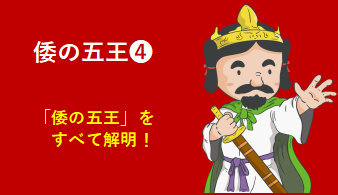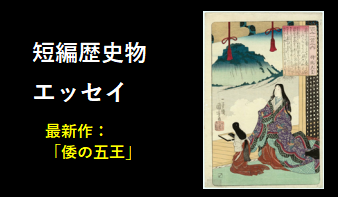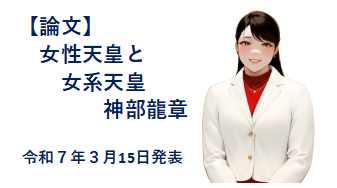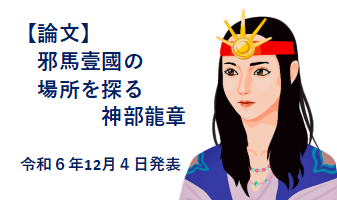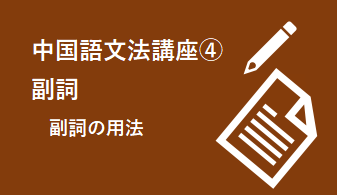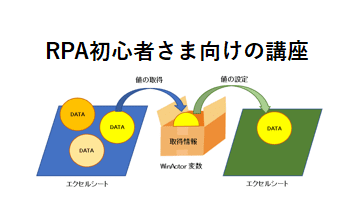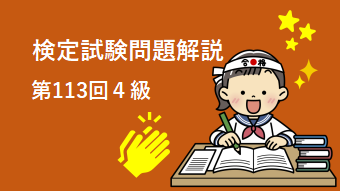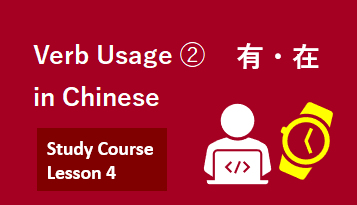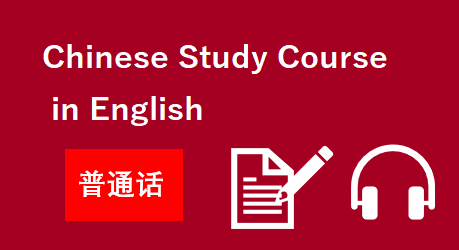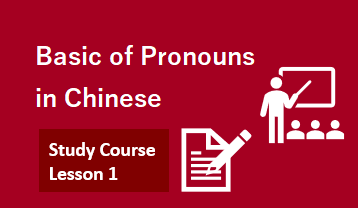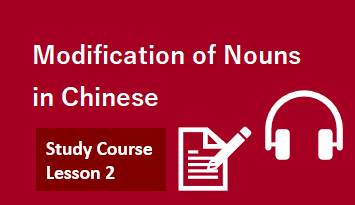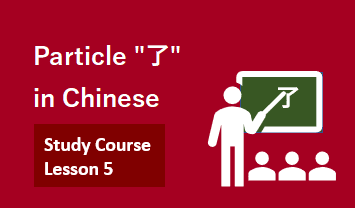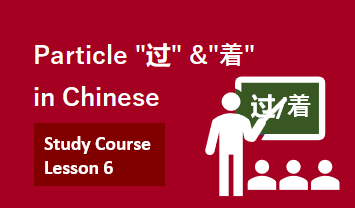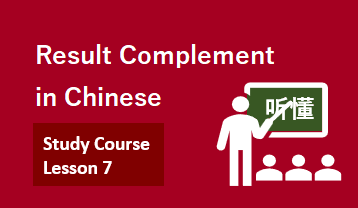Chinese Study Course [ Lesson4 ]

Hello everyone. I'm Goyan. In Lesson 4, we will study how to use Chinese verbs, continuing from Lesson 3. This time, we will study how to use the unique verb "有" and "在" in Chinese in detail.
4-1 Verb "有" of possession 「A 有 B. 」( A have B. )
(1) Affirmative form

The verb "有" has two usages: (1) an expression that indicates possession and (2) an expression that indicates existence.
First, let's study the expressions that indicate possession.
"[A]Subject (person) + '有' + [B]Object (thing/person)"
➡ The [A]Subject (person) has [B]Object(thing/person).
| I have a dictionary. |
| 我有一本词典。 |
| wǒ yǒu yī běn cí diǎn 。 |
| ◆Detailed explanation 我(subject)+有(verb)+一本词典(object)。 |
| ◆Vocabulary note 有 :(verb) have 本 :(quantifier) A quantifier that counts the number of books, magazines, pamphlets, account books, etc. 词典:(noun) dictionary |
(2) Negative form

When using the verb "有", the negative form is "没有", and it is important not to use "不有".
"[A]Subject (person) + '没有' + [B]Object (thing/person)"
➡ The [A]Subject (person) does not have [B]Object(thing/person).
| I do not have a computer. |
| 我没有电脑。 |
| wǒ méi yǒu diàn nǎo 。 |
| ◆Detailed explanation 我(subject)+没(adverb, negative)+有(verb)+电脑(object)。 |
| ◆Vocabulary note 没 :(adverb) an adverb used to negate the verb "有" 电脑:(noun) computer |
(3) Interrogative form (Question)

In Lesson 3, we studied that there are three ways to form interrogative sentences in Chinese. Let's take this opportunity to study the three expressions again.
➀ Add "吗? (speech particle, question)" at the end of a sentence
| Do you have time now? |
| 你现在有时间吗? |
| nǐ xiàn zài yǒu shí jiān ma ? |
| ◆Detailed explanation 你(subject)+现在(adverb, time)+有(verb)+时间(object)+吗(speech particle, question)? |

The following example is when the subject is omitted.
| Do you have a declaration to submit to customs? |
| 有向海关提交的申报单吗? |
| yǒu xiàng hǎi guān tí jiāo de shēn bào dān ma ? |
| ◆Detailed explanation (subject omission)+有(verb)+向海关提交(noun modifier)+的(structural particle)+申报单(noun)+吗(speech particle, question)? ・向海关提交(noun modifier)➡向海关(prepositional phrase:向 preposition+海关 noun)+提交(verb) |
| ◆Vocabulary note 向 :(preposition) to 海关 :(noun) customs 提交 :(verb) submit 申报单:(noun) declaration |
➁ Repeated question

Repeated questions are questions that use the positive and negative forms of verbs/adjectives side by side. Repeated questions do not end with "吗."
| Do you have time now? |
| 你现在有没有时间? |
| nǐ xiàn zài yǒu méi yǒu shí jiān ? |
| ◆Detailed explanation 你(subject)+现在(adverb, time)+有没有(Repeated question/[Affirmative form + Negative form])+时间(object)? |
③ Modified forms of repeated question

As an irregular form of repetitive interrogative sentence, you can put the object first as "verb (affirmative form) + object + verb (negative form)".
| Do you have time now? |
| 你现在有时间没有? |
| nǐ xiàn zài yǒu shí jiān méi yǒu ? |
| ◆Detailed explanation 你(subject)+现在(adverb, time)+有(verb, affirmative form)+时间(object)+没有(verb, negative form)? |
4-2 Verb "有" of existence 「P 有 B. 」( There is B in/at/on P. )
(1) Affirmative form

The following are expressions that indicate existence.
"[P]Place+'有'+ [B]object (person/thing)''
➡There is [B] (person/thing) in/at/on [P](some place).
| There is a dictionary on the table. |
| 桌子上有一本词典。 |
| zhuō zǐ shàng yǒu yī běn cí diǎn 。 |
| ◆Detailed explanation 桌子上(adverb phrase , place)+有(verb)+一本词典(object)。 ・桌子上(adverb phrase , place)➡桌子(noun)+上(azimuth) |
| ◆Vocabulary note 桌子:(noun) table 上 :(azimuth) on ※"Azimuth" is a part of speech unique to Chinese that indicates a direction. |
(2) Negative form

When using the verb "有", the negative form is "没有", and it is important not to use "不有".
"[P]Place + '没有' + [B]Object (thing/person)"
➡ There is not [B](thing/person) in/at/on [P]Place.
| There is no one in the room. |
| 屋子里没有人。 |
| wū zǐ lǐ méi yǒu rén 。 |
| ◆Detailed explanation 屋子里(adverb phrase, place)+没(adverb, negative)+有(verb)+人(object)。 ・屋子里(adverb phrase, place)➡屋子(noun)+里(azimuth) |
| ◆Vocabulary note 屋子:(noun) room 里 :(azimuth) in |
"Noun + Azimuth" indicates a specific place! Azimuths are similar to prepositions in English. "桌子上" is an adverbial phrase that means "on the table" and "屋子里" means inside the room.

4-3 Verb "在" of location 「A 在 P. 」( A is/is in(at/on) P. )

In the form of "Subject (A) 在 Place", it is used as an expression that indicates where (a specific person/thing is/is in(at/on) a certain place).
| Where is Xiao Wang? |
| 小王在哪儿? |
| xiǎo wáng zài nǎ ér ? |
| ◆Detailed explanation 小王(subject)+在(verb)+哪儿(demonstrative pronoun, place)? |
| ◆Vocabulary note 小 :(prefix) used before surname/child's name/animal's name, used for affectionate addressing 哪儿:(demonstrative pronoun, place) where |

The basics of verb usage are one of the important points of Chinese grammar. Especially this time, I explained unique verb usages of "有" & "在" in Chinese in detail. In the next section we will study Chinese aspect particle "了" in detail. See you next time!
Did you understand the usages of "有" & "在" in Chinese. See you next lesson!




